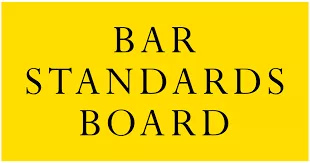If your case started before the rule change, you may have to pay a lot of legal costs if you lose the case, and the amount is hard to calculate in the advance. Legal costs can add up to thousands of pounds, sometimes to more than the value of the claim itself. This is why courts encourage people to sort out their disputes before taking legal action at all or to settle before the case gets to trial.
If the other side has a lawyer, they will be building up legal costs in bringing or defending the case. You need to be aware of this as you may have to pay these costs if you lose. Currently, the court’s guideline on what solicitors in London can charge is up to £546 an hour plus VAT, and up to £278 an hour plus VAT outside London. This is the main reason why, if the other side is represented and you lose, the costs you are likely to be ordered to pay will be high.
If the other side is a litigant in person they are allowed to charge £19 an hour for the time they can show they were reasonably preparing the case, so it won’t be as expensive but it is still worth bearing in mind. Similarly, if you are a litigant in person and you win, the court may order the loser to pay your legal costs at this rate. See Practice Direction 46 – Costs special cases.
If your financial loss is greater than that, for example, because if you were not involved in the case you would have been at work earning more than £19.00 per hour, the court may allow you to charge more for some of your time. You will need to provide evidence of what paid work you were able to do, how much you earned and how much less that was than normal. If you lost out financially because you received job offers that you had to refuse because of the case, again you will need to provide evidence of this and what you would have been paid if you want the court to consider allowing you to charge more than £19.00 per hour for the hours spent on the case when you would have been at work.
Litigants in person do not need to pay VAT, so your bill of costs should not include a claim for VAT.
There is an overall limit on what the court will allow you to charge for your time. This is two thirds of what a solicitor could reasonably charge for doing the same work. See CPR rule 46.5(2).
Preparation for trial
Before the trial you need to prepare a statement of costs (how much you have spent on running your case including receipts for expenses). You should also include costs for the trial day itself, for example witness fares for getting to court, and your time for being there.
The court expects you to use form N260 to show details of your costs. Allow yourself plenty of time to prepare this statement. It will take longer than you think.
You should provide this information to the other side and the court two clear days before the hearing so that the other side has an opportunity to consider it. Similarly, the other side should provide you with information about their costs before the trial.






